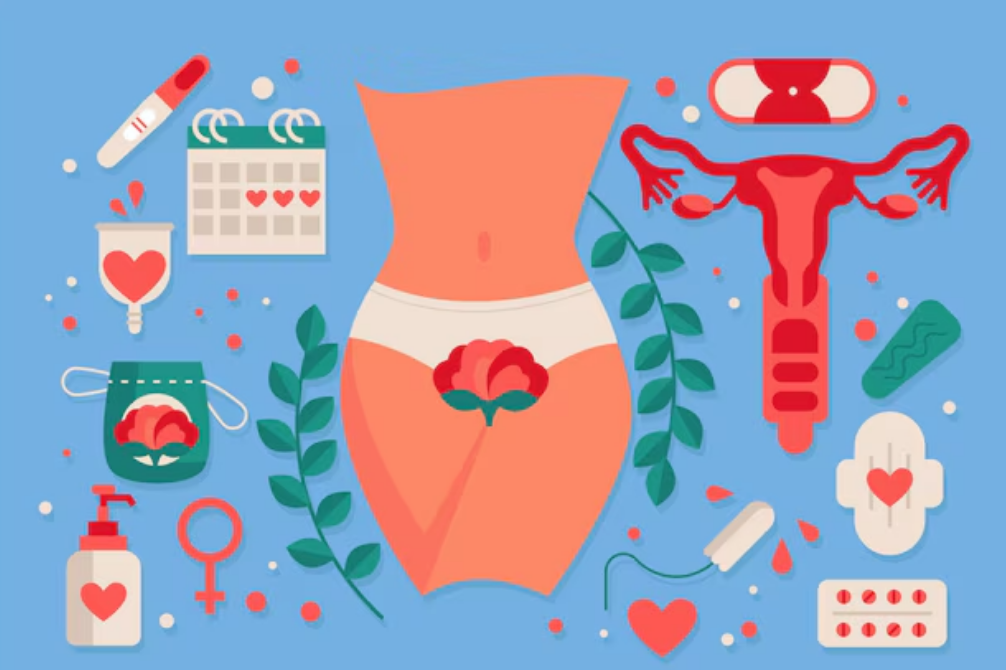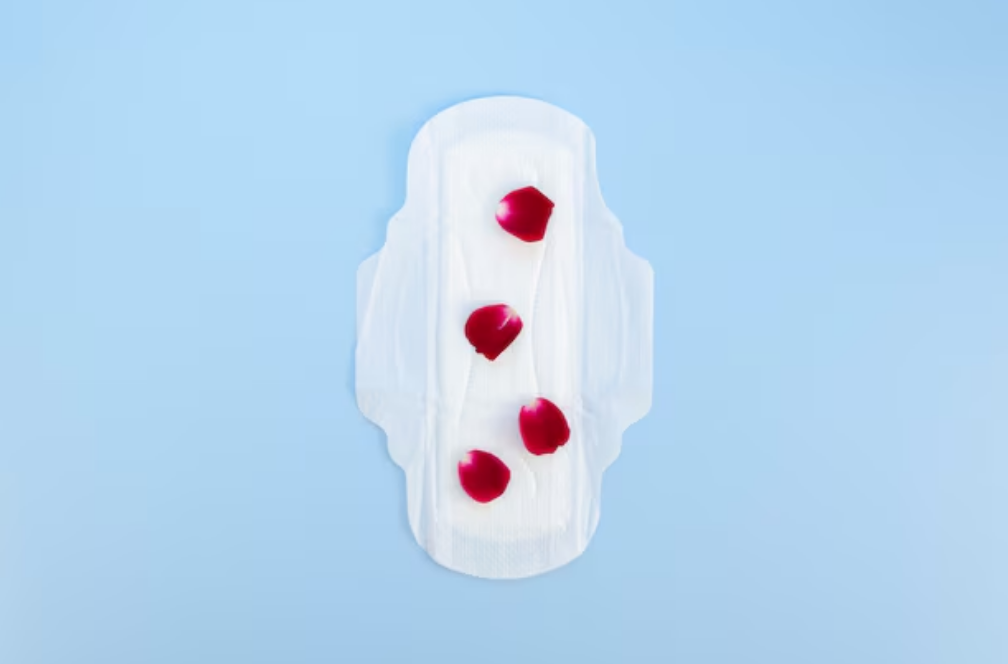Menstruation is a natural process and an important part of every woman’s life for many years. It’s a sign that the body is healthy and functioning normally. While periods are natural, how we manage them matters significantly. Unfortunately, many girls and women across the world do not receive the right education or access to clean sanitary products. Even in urban areas, menstrual hygiene is often not given the attention it deserves.
What is Menstrual Hygiene?
Menstrual hygieneinvolves maintaining cleanliness and safety during menstruation. This includes using clean and absorbent products, like sanitary pads, tampons, menstrual cups, or cloth pads. It also means changing them as often as required (every 4 to 6 hours), washing the vagina with mild soap and clean water, wearing clean undergarments, and properly disposing of used sanitary items.

Not maintaining these hygiene practices can lead to the growth of bacteria and other germs, which can cause numerous health issues, like:
Worsening Period Pain (Dysmenorrhea)
Keeping a pad or tampon on for an extended period, while travelling or being occupied at work, can create unhygienic conditions that promote bacterial growth. This may irritate and inflame the vaginal mucosa, a condition known as dysmenorrhea. It can result directly from inadequate menstrual hygiene.
Urinary Tract Infections (UTIs)
UTIs may occur if personal hygiene is not maintained. External microbes can enter the urinary bladder, causing a burning sensation during urination, frequent urges to urinate, abdominal pain, and fever. These symptoms should not be ignored and need immediate attention.
Vaginal Infections
The vagina maintains a natural balance of healthy microorganisms. Poor hygiene, such as using an unclean pad or reusing a cloth pad without proper cleaning, can disturb this balance.
Bacterial Vaginosis (BV)
Caused by an overgrowth of harmful bacteria, it typically results in a greyish discharge with a foul, fishy smell.
Yeast Infection (Candidiasis)
Caused by a fungus called Candida, it leads to an itchy, white, creamy discharge and inflammation in the vaginal region.
These infections are not dangerous if treated early, but they can recur if hygiene habits are not improved.
It is often noted that women ignore persistent discharge or pain during sex and do not report it to their gynaecologist. There is a widespread lack of awareness about the long-term consequences.
Don't Miss:Empowering Girls Through Period Education: Why Awareness Should Start Early
Pelvic Inflammatory Disease (PID) and Other Reproductive Infections
Inadequate menstrual hygiene may lead to infections, such as Pelvic Inflammatory Disease (PID) and endometritis. These conditions can result in pelvic pain, irregular periods, and even infertility. Often, the root cause is minor infections that go untreated due to poor hygiene.

Common Mistakes in Menstrual Hygiene
Some of the most frequent mistakes include:
- Not changing pads, tampons, or cups regularly
- Using dirty or damp cloth pads
- Washing the vaginal region with harsh soaps or perfumes
- Wearing tight, synthetic underwear
- Flushing sanitary items down the toilet
Though these may seem like small habits, over time, they can cause skin irritation and serious reproductive health complications.
Simple and Safe Hygiene Tips
For healthy menstrual hygiene, follow these simple but effective practices:
- Change your pad or tampon every 4 to 6 hours to prevent bacterial infections.
- If using a menstrual cup, empty and clean it every 8 hours.
- Gently clean the vulva with clean water or mild soap.
- Wear breathable cotton underwear to reduce moisture and prevent infections.
- Dispose of used pads, tampons, and pouches properly in a dustbin—never flush them.
- If using cloth pads, wash them with soap and hot water, and dry them completely in the sun to disinfect.
If you notice unusual pain, discharge, bleeding, or discomfort during or after your period, consult a gynaecologist promptly, as these could be signs of underlying infections or reproductive health concerns.
This article is written by Dr Madhu Juneja, Director - OBGY and IVF, Sahyadri Hospitals Momstory, Hadapsar Annexe, Pune.
Don't Miss:From Taboo to Truth: The Bold Shift in How We See Periods on Screen
Keep reading Herzindagi for more such stories.
Image Courtesy: Freepik

Take charge of your wellness journey—download the HerZindagi app for daily updates on fitness, beauty, and a healthy lifestyle!
Comments
All Comments (0)
Join the conversation